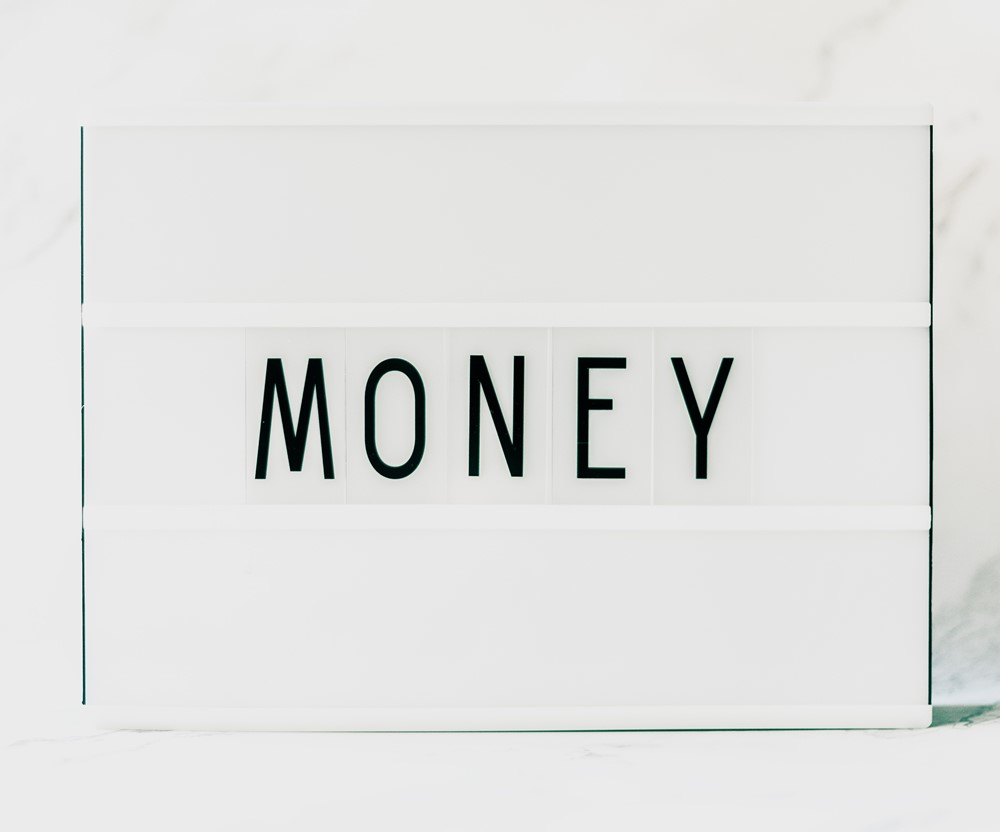
Equal Pay
Women are working for free
Categories
- Thought Leadership
There are villages in which men fish and women weave, and in which women fish and men weave, but in either type of village the work done by the men is valued higher than the work done by the women.
– Margaret Mead, cultural anthropologis
As of today women work for free until Christmas. The gender pay gap in New Zealand is 12 percent and as of November 10 there is 12 per cent of the year left till Christmas break. Even more concerning, Māori women started effectively working for free on November 4 and Pasifika women on September 22.
The occupation groups with the largest gaps were professionals (16.7 per cent) and technicians and trade workers (16.2 per cent). If you are a woman over 40 and you have a tertiary qualification, your pay gap sits at around 25%. So, teachers, accountants and nurses, for example, work for free for around a quarter of the year – from the end of September.
A 2017 study into gender pay inequality by researchers at Motu Economic and Public Policy found that sexism was to blame for the difference between women’s and men's pay. Yet despite being paid less, it was found the value women add to an organisation is exactly the same as men’s.
Our economy is stacked against working women. In the last two decades the gender pay gap has decreased by just 3 percentage points. If it continues to close at the same rate it will be 100 years – 2120 – until women are on average paid the same as men.
In Britain, this figure is half what ours is – 50 years. Yet, government there took action in 2017 and required companies with more than 250 employees to publish their gender pay gap. Since this has been in place, the data has shown that eight out of 10 British companies pay men more than women. In New Zealand it seems likely that figure is even higher. In our experience working with organisations who are committed to achieving gender equality in the workplace, we have never encountered an organisation that, when they did the analysis, found they paid equally. So, chances are if the organisation you work for has not done the analysis and got a plan, you are being paid unequally to your colleagues.
Aside from being fundamentally unfair and un-kiwi, paying women less is bad for the economy. Research demonstrating the benefit of equal pay has not recently been conducted in New Zealand. But an international study conducted in 2017 by the Institute for Women’s Policy Research found that the poverty rate of working women would be cut in half if women earned as much as men. The researchers also found that equal pay would add an additional income of $512.6 billion to the U.S. economy, even if men’s wages stayed the same.
We must get on and sort the gender pay gap now.
YWCA work champions gender equity in Aotearoa New Zealand.
Find out how we can support your organisation.
Other Stories you might be interested in



